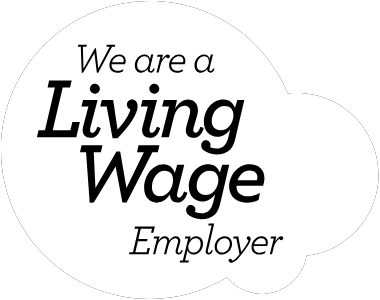Recycling has long been hailed as the eco-friendly solution to managing waste, but is there a better way? We’ve taken a look at how innovative companies are closing the loop in their manufacturing processes to eliminate waste altogether.
We diligently sort our plastics from our glass and our cardboard from our tins for the recycling bins. Perhaps we collect up our batteries and take them to the nearest supermarket or put our old outfits in the clothes bank. Whatever our recycling achievements, we tend to give ourselves a pat on the back afterwards for helping to save the planet.
But is recycling the best way to be environmentally friendly? Prime Minister Boris Johnson landed himself in hot water when he told a group of children ahead of COP26 that recycling plastic materials “doesn’t work”. The best thing we can do for the environment is cut down our use of plastic, he went on to explain.
Cue outcry. The prime minister had, according to The Recycling Association, ‘lost the plastic plot’. But his comments were not without merit. Recycling is still a part of the solution to managing waste in an eco-friendly way, but it should be seen as a last resort according to the Ellen MacArthur Foundation.
A far better way to address waste is already here: the circular economy. With this model, there is no waste to dispose of or recycle – the products in use today are also the raw materials of tomorrow. The system moves away from the linear economic model of ‘take, make, use, throw’ to one in which products don’t end up in the bin but are fed back into the manufacturing process. This is more than recycling specific materials or even recycling different parts of products. It is an entirely closed-loop, which requires long-term thinking so that when businesses make products, they already know exactly what will happen to them when they are discarded.
In this scenario, waste and pollution are seen as design flaws, rather than the inevitable by-products of the things we manufacture. Private companies are leading the charge and there are many innovative examples of businesses closing the loop in the production process.
In the Netherlands, for example, Niaga is ‘future-proofing’ medium-life bulky products, such as carpets, mattresses and furniture, by designing out waste completely. Its scientists have developed a glue that is strong enough to hold products together for their lifetime, but weak enough to be able to dismantle them at the end of their life and re-use the components. Niaga also offers to re-design other company’s products for circularity, using its material science experts to come up with new manufacturing models to close the loop.
Some businesses are designing products that simply disappear after use, leaving no waste behind. NOTPLA, a sustainable packaging start-up, has developed natural packaging from seaweed. The liquid packaging was inspired by the way nature encapsulates liquids, from egg yolks to cells, and breaks down a few weeks after use. It has been designed as an alternative to the single-use plastic sachets currently used for everything from condiments to toiletries.
While the private sector is showing remarkable innovation in this field, governments have a crucial role to play as well. Laws, such as the ‘right to repair’ rules which came into force across the European Union and in the UK in 2021, are a crucial part of the puzzle. Under these rules, manufacturers of certain electrical goods, such as fridges and televisions, must make essential parts available to professional repairers for up to 10 years after the last unit of a model has been placed on the market. They must also make parts such as doors, seals and hinges available for DIY repair.
In the USA, all but nine of 50 states have proposed the right to repair bills, but only Massachusetts has made it law so far. The idea is not popular among tech giants such as Amazon, Apple and Microsoft, or manufacturers of heavy farm machinery, such as tractor maker John Deere, which claims it poses a safety risk.
But pressure is mounting from the public as more people begin to recognise the value in repairing what they already have, rather than discarding old for new. TV shows such as The Repair Shop, which moved to prime time in 2020 and attracted a staggering 6.7 million viewers by series six, have become increasingly popular. Eco-conscious millennials and Generation Z are shunning new-flat pack furniture in favour of dark wood vintage items, according to antique sellers.
The world is beginning to wake up to the fact that we live on a planet with finite resources. Studies by the University of York show that 20 per cent of the raw material types currently in use will run out in the next 50 years and 35 per cent of them within 100 years. Most of them are not re-used even once. At the same time, the human population is growing. Our use of resources has already tripled since 1970 and at current rates, it will double again by 2060.
Forward-thinking companies are already looking into the changes they can make to their manufacturing processes to become more circular. They know that the transition to circularity is not just a passing trend, but the way of the future. Here at Wilful, we are excited to be part of this shift and look forward to helping businesses on their journey to creating a world without waste.






